Townhall Times This may be deliberately hidden in India, but the positions assigned to Pakistan at the United Nations Security Council are far from symbolic. They are, in fact, a global signal indicating how much weight the international community places on certain nations. India has long been trying to portray Pakistan as a hub of terrorism, citing documents, evidence, and incidents at international forums. However, recent developments have laid bare the weaknesses in India’s foreign policy. Pakistan being appointed Chair of the Taliban Sanctions Committee and Vice-Chair of the Counter-Terrorism Committee suggests that either the global stage no longer believes India’s narrative, or India lacks the influence and clarity needed to present its case convincingly.
According to Advocate Harsh Gautam, “This situation exposes a deep flaw in India’s foreign policy. For years, we have been raising the issue of Pakistan’s role in terrorism on international platforms. But when such significant positions are awarded to the very country we accuse, it doesn’t just represent a strategic failure—it also casts a shadow on India’s global credibility.”
During Operation Sindoor, when international financial institutions like the IMF, World Bank, and ADB were actively disbursing economic aid to Pakistan, India’s claims of Pakistan being a ‘sponsor of terror’ seemed to lose traction. All this happened at a time when Indian delegations were touring the world, attempting to corner Pakistan diplomatically. It cannot merely be a coincidence that seven separate parliamentary delegations were on international visits, and during the same period, Pakistan secured these critical appointments. It is a clear sign that India’s efforts were ineffective and that it suffered a diplomatic setback.
Meanwhile, Pakistan is portraying this as a significant diplomatic victory. From the Prime Minister to the Foreign Minister, everyone is projecting it as a sign of international trust in Pakistan. In India, however, there has been no substantial official response. While some opposition parties have raised concerns, even those voices have seemingly been subdued. But the issue doesn’t end there. A more pressing question emerges: If India was so active diplomatically—and if, following the ceasefire under Operation Sindoor, Indian MPs visited numerous countries lobbying strongly against Pakistan and terrorism—then what was the outcome? Why was there no visible impact? Is the international community underestimating India’s arguments, or is India failing to influence global opinion?
Advocate Harsh Gautam believes that “When India invests so many resources, time, and political will to influence the international community—and yet a country like Pakistan is entrusted with overseeing counter-terrorism at the UN—it’s not merely discomforting; it’s a humiliating defeat.”
Diplomacy isn’t just about issuing statements. It is a complex and continuous process where outcomes define the strength of a foreign policy. In this entire episode, India failed to command the stature and influence it should have. On the contrary, the international support in Pakistan’s favor raises questions about the effectiveness of India’s long-standing diplomatic efforts. It should serve as a warning: the world doesn’t run solely on moral arguments or historical claims—it requires strong strategy, effective lobbying, and clear messaging.
This truth can no longer be concealed: this is a diplomatic defeat for India. When the responsibility of monitoring terrorism is assigned to a country accused of sheltering and supporting terrorism, it’s not just ironic—it’s a serious concern for a country like India. The gravity of this failure is only amplified when it is met with silence or brushed off as routine procedure. The reality is that Pakistan has successfully repaired its global image, while India remains entangled in outdated narratives. Until this failure is acknowledged, there will be no room for correction. The time has come for India to re-evaluate its foreign policy and admit that what has transpired is indeed the result of a diplomatic failure.
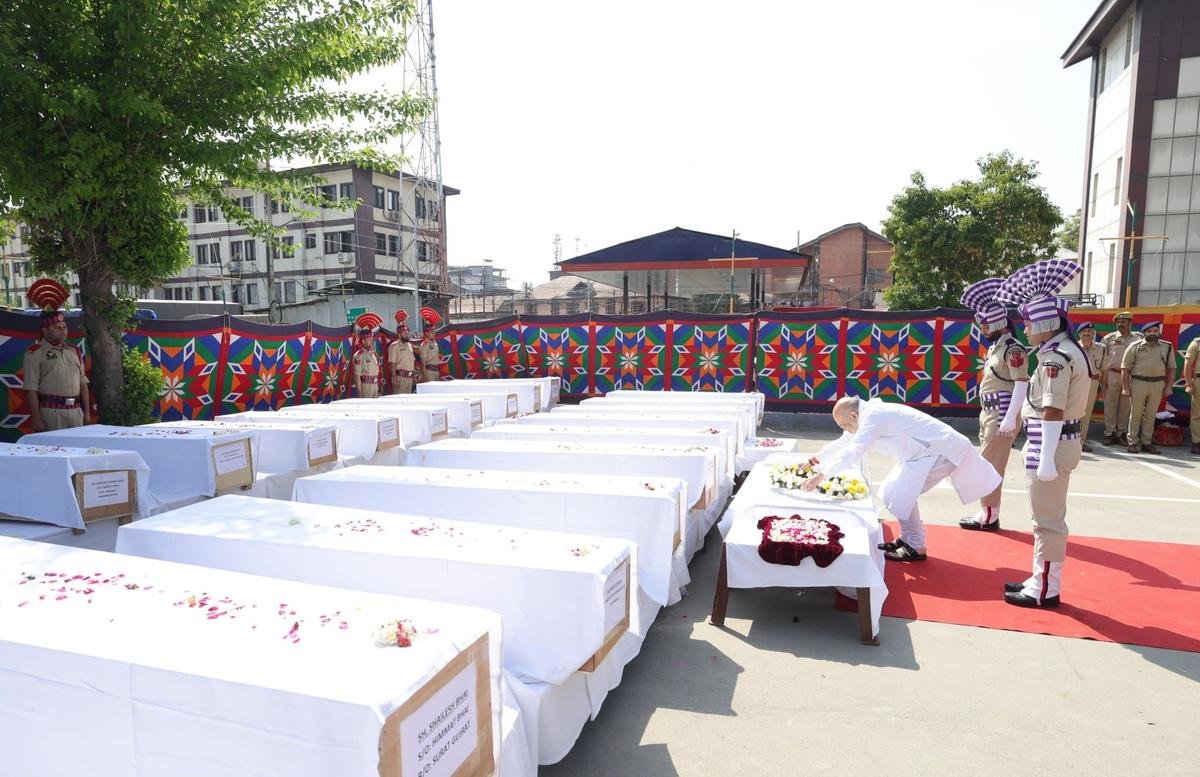

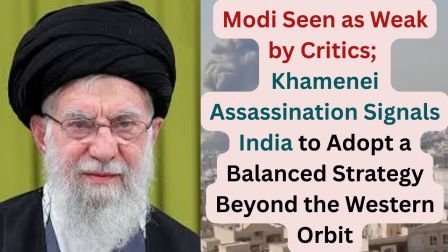

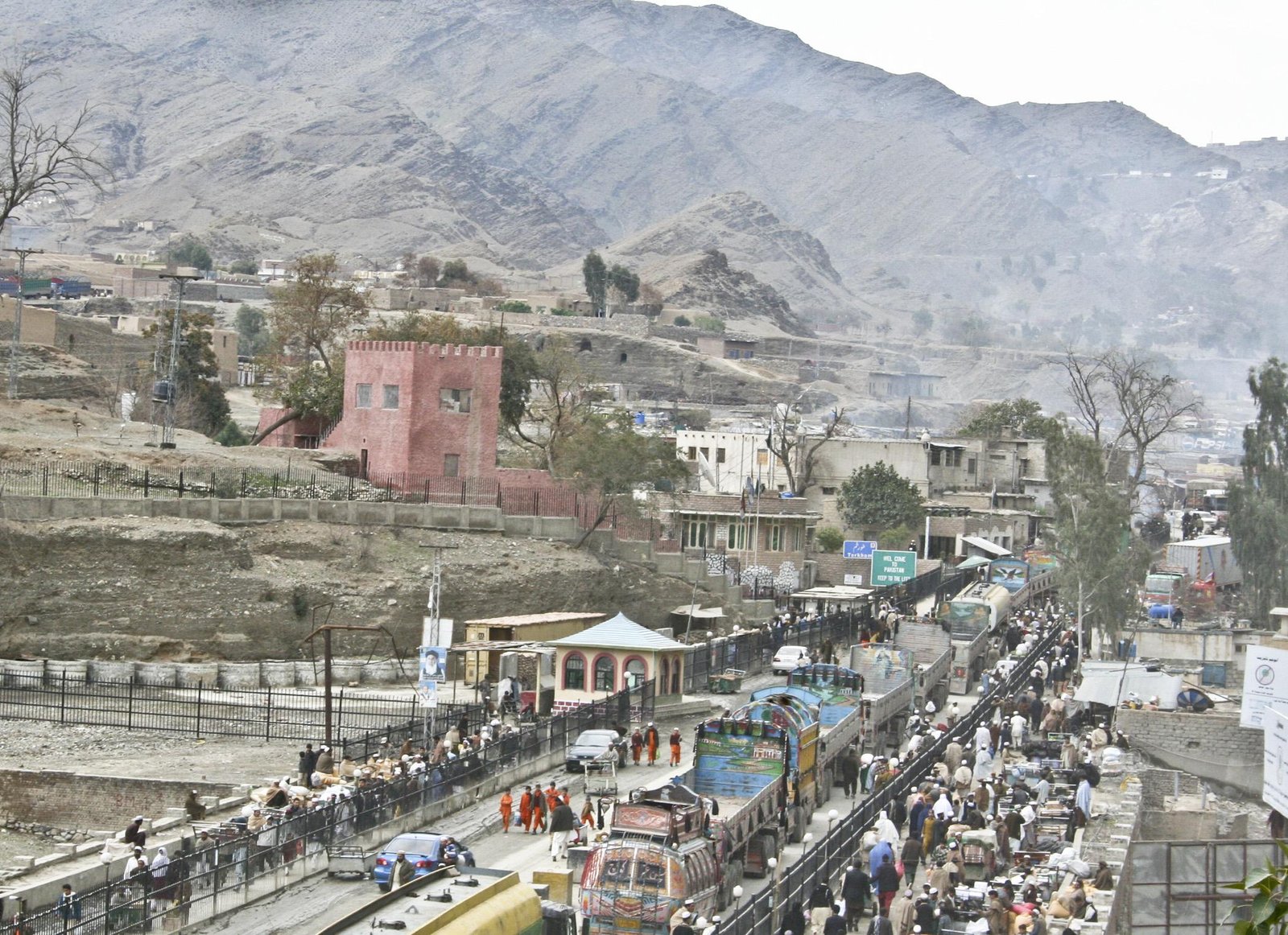
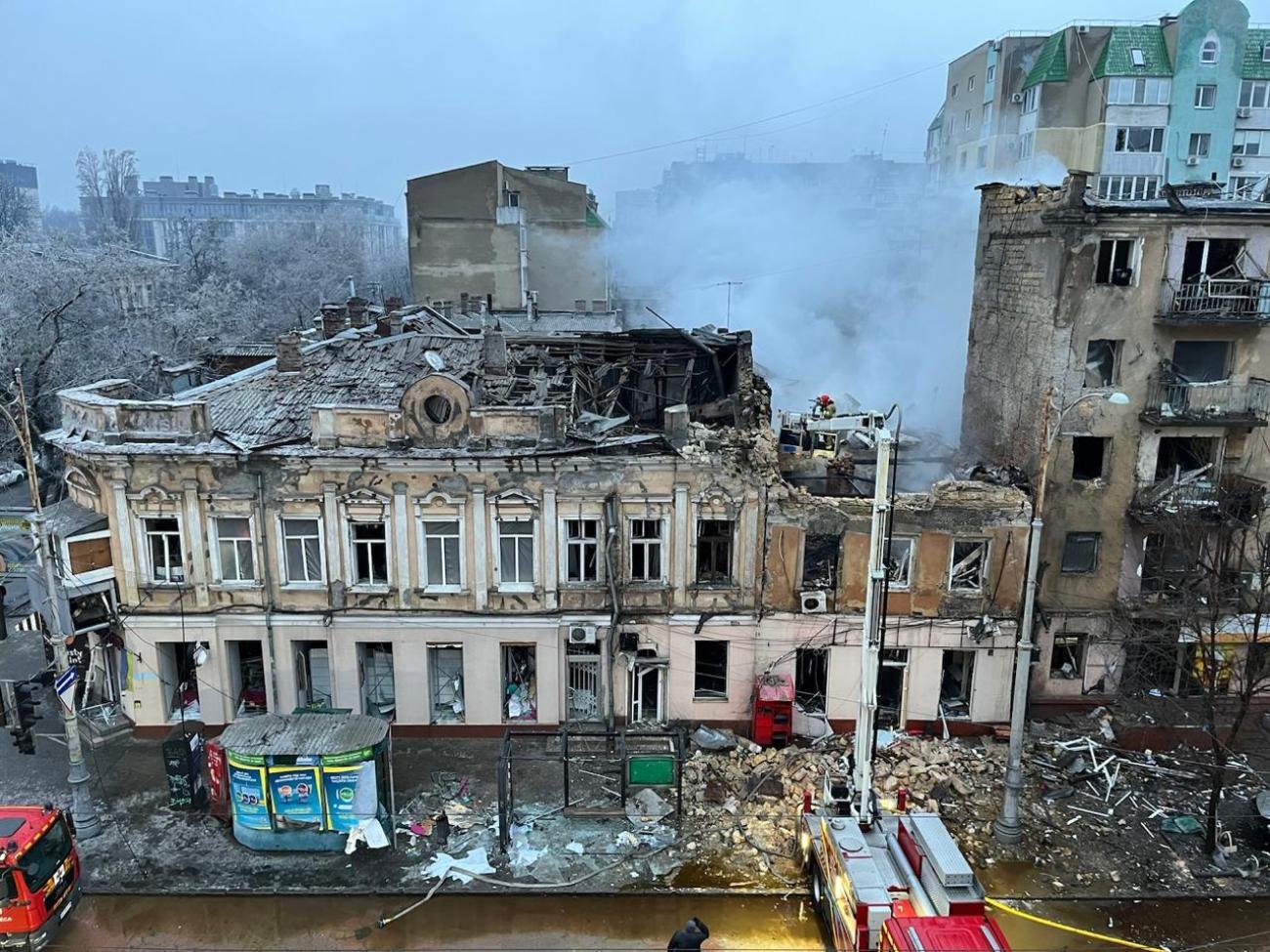

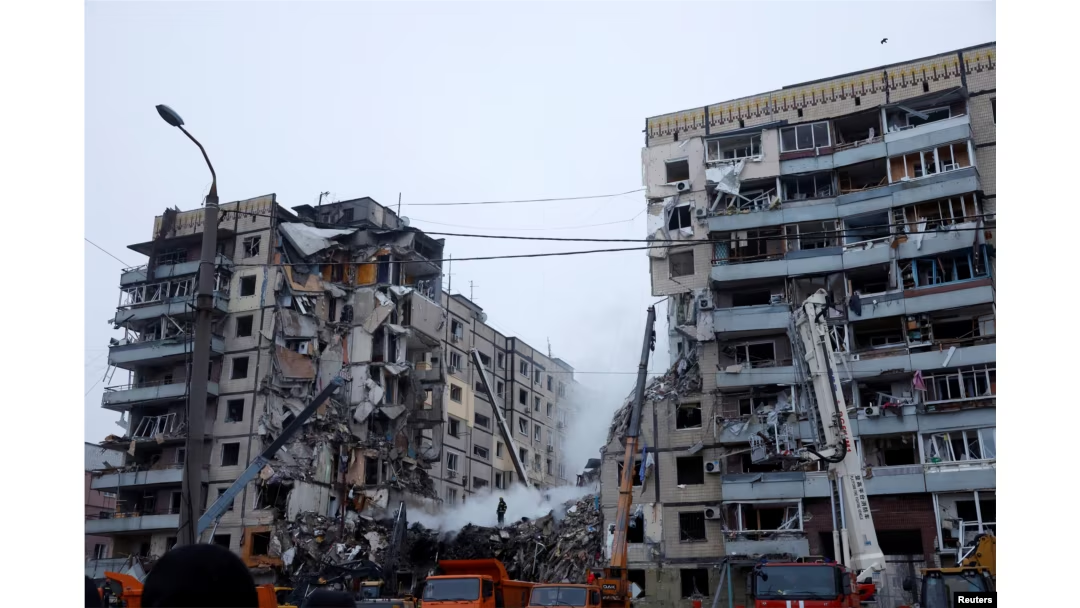

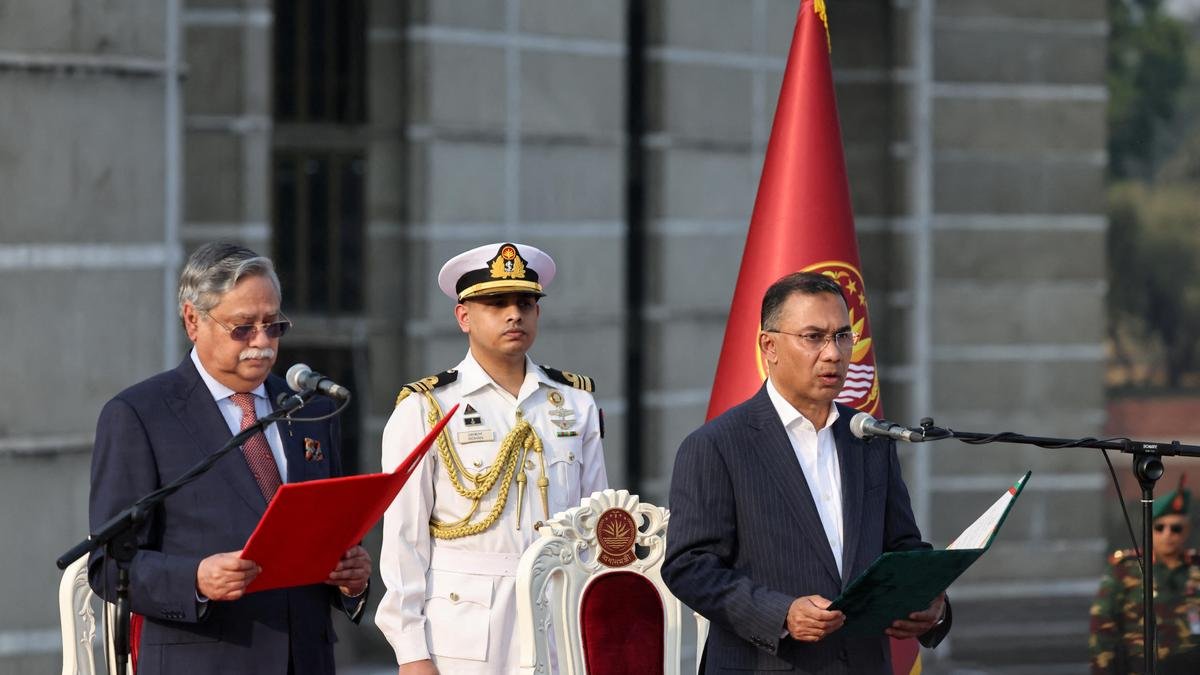
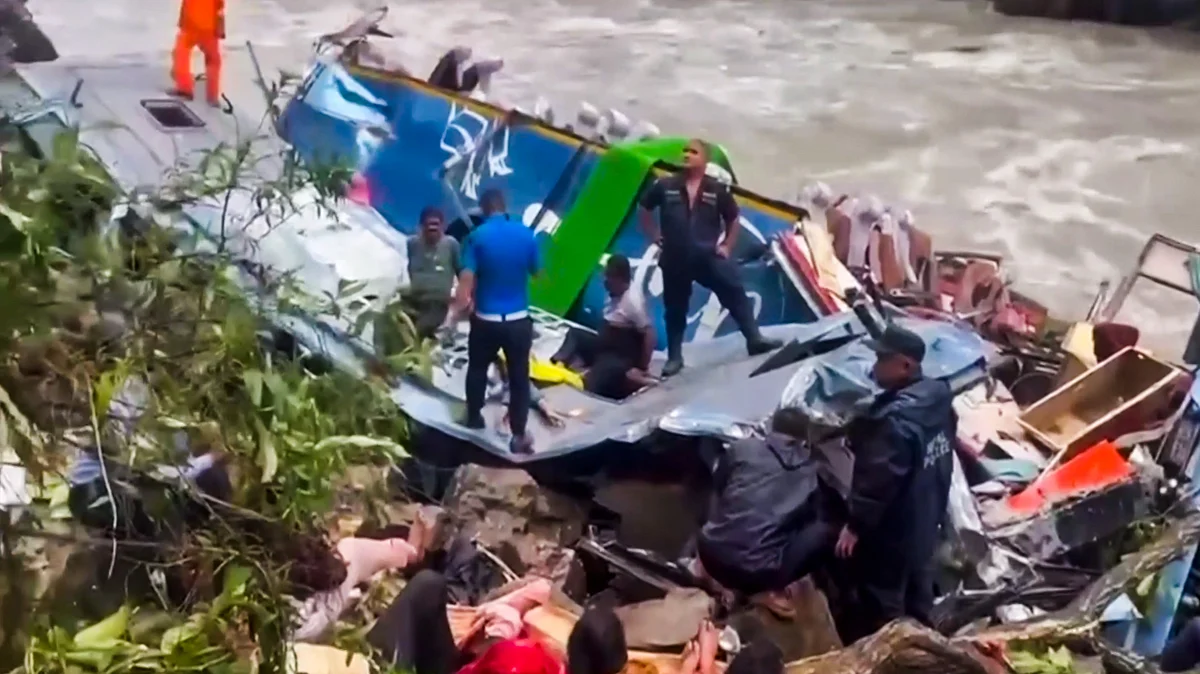

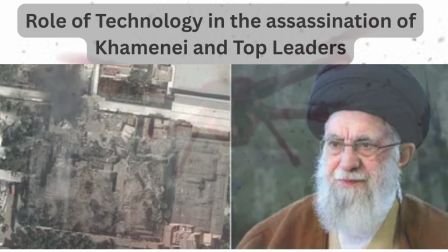
Leave a Reply